Reverberations are still being felt from PZ’s blog post last week. He complained about “dictionary atheists” who were overly specific about the definition of atheism. Singled out for his annoyance was something I’ve said many times:
Atheism is not a belief. It is a lack of belief.
Or when I’m feeling like breaking out the first order predicate calculus:
Atheism is not a “belief” in “no gods”. It’s “no belief” in “gods”. As such, atheism doesn’t make any claims. It’s a reaction to the claims of theists.
And so on.
As if in response, PZ says:
Dictionary Atheists. Boy, I really do hate these guys. You’ve got a discussion going, talking about why you’re an atheist, or what atheism should mean to the community, or some such topic that is dealing with our ideas and society, and some smug wanker comes along and announces that “Atheism means you lack a belief in gods. Nothing more. Quit trying to add meaning to the term.” As if atheism can only be some platonic ideal floating in virtual space with no connections to anything else; as if atheists are people who have attained a zen-like ideal, their minds a void, containing nothing but atheism, which itself is nothing. Dumbasses.
But but but!
I worried that PZ was getting away from good reasoning. The dictionary definition of atheism is very useful, if only for rhetorical purposes. Not advancing a claim means you don’t have to provide evidence, which is very handy for me. And in the case of gods, the burden of evidence really does belong to their claimants. Which puts the atheist on safe ground.
True, sometimes I do find myself speaking of “atheism qua movement” as being more than just lack of belief. For me, becoming an atheist and rejecting gods and supernaturalism — provisionally, of course — has been the gateway to a new way of thinking that has made my life better.
But how did a non-position do that? Since atheism is not of itself a philosophy or set of principles or anything like that, what kind of positive value does it impart? How can it help humanity or advance human knowledge, or really, do anything if it doesn’t of itself put forth any claims or do any of the things a philosophy usually does?
Let me use my subjective experience to untangle this.
My deconversion only became possible because I decided that I cared what was true more than I cared for my religion of origin. In the years leading to my deconversion, I learned more about how to think critically, and how to be skeptical about claims. Though my religion taught that I was to discount reason — sorry, “man’s reason” — I decided that it was better than the selective and convenient reasoning that people at church engaged in. And I learned more about the scientific method. Once those were in place, it was just a matter of time before I saw the claims of religion for what they were.
What I’m saying is that atheism didn’t get me to atheism — these other things did. Atheism was the result.
Which puts me where PZ already is: Atheism is not a philosophy — it’s a conclusion.
In that Montreal talk, I explained that there is more to my atheism than simple denial of one claim; it’s actually based on a scientific attitude that values evidence and reason, that rejects claims resting solely on authority, and that encourages deeper exploration of the world. My atheism is not solely a negative claim about gods, but is based on a whole set of positive values that I will emphasize when talking about atheism. That denial of god thing? It’s a consequence, not a cause.
What got me to that consequence — and what I’ve worked into my life since — are a number of positive -isms.
- Secularism — I think people shouldn’t be allowed to use their god-belief as a way of controlling the behaviour of others, particularly children and those who don’t believe in the religion. A secular society means that everyone’s religion gets treated the same. That’s fair.
- Rationalism — Having a commitment to using reason as a guide.
- Skepticism — Being critical of claims. Asking for evidence. Asking “How do you know?”
- Humanism — I’ve held off on calling myself a humanist so far, but if someone mistook me for one, I wouldn’t mind. I think it has much to recommend itself. The humanist slogan “Good Without God” is one that stirs this godless heart.
- And of course, the scientific method — using publicly available observation and evidence confirmed by multiple sources to separate fact from fantasy.
These positive values are bound up in my atheism, and that of others whose stories I’ve read. So is it right to say that atheism is separate from these values? Well, they’re not all the same thing. Not every skeptic is an atheist. And atheists are not necessarily rationalists. So while these -isms are not synonymous with atheism (unfortunately), they do tend to cluster around atheism, to the extent that they get associated with atheism, even though they are not atheism themselves.
I think people use “atheism” as a kind of shorthand for these other positive values. Our minds work like that. We make little logical leaps all the time without noticing. So if I speak of atheism as a positive value, I hope you’ll understand what I’m doing. I’m leaving behind a strict dictionary defition of atheism, and using it as a way of talking about all the positive things.
So I get what PZ is on about. Hang the dictionary definition of atheism! Enough of arguing with the careful tweezers! These tools are our spaceship, and atheism is the rocket fuel!
Well, it’s not really rocket fuel, but I hope you know what I mean.



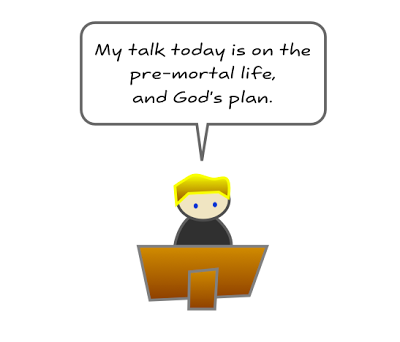

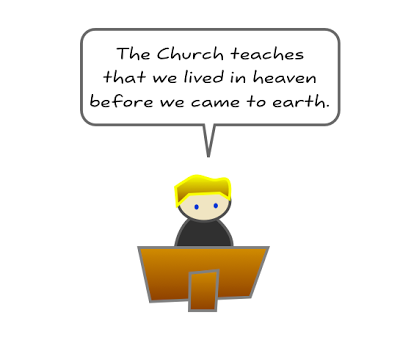
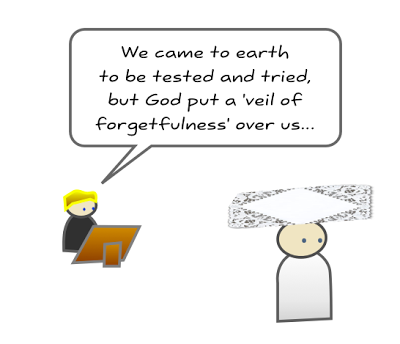

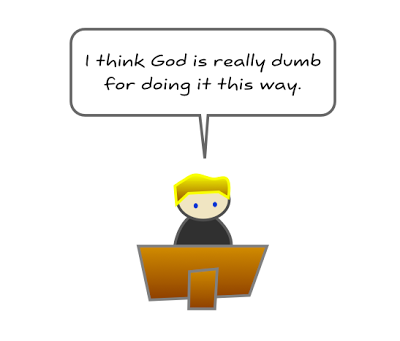

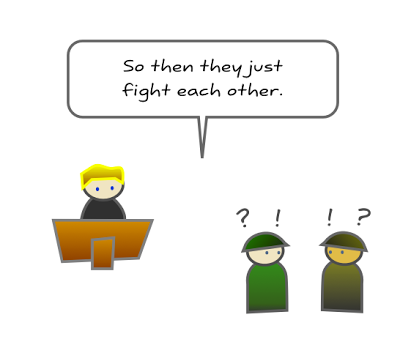
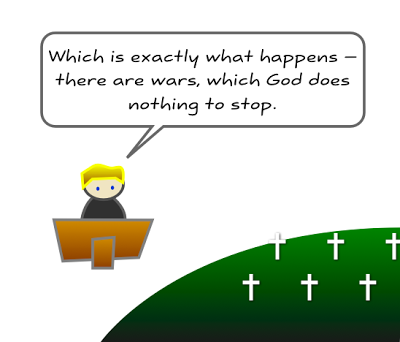


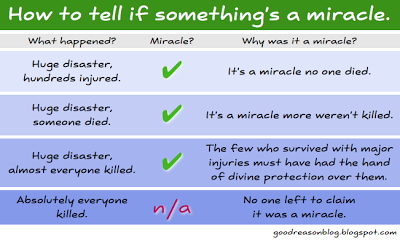

Recent Comments